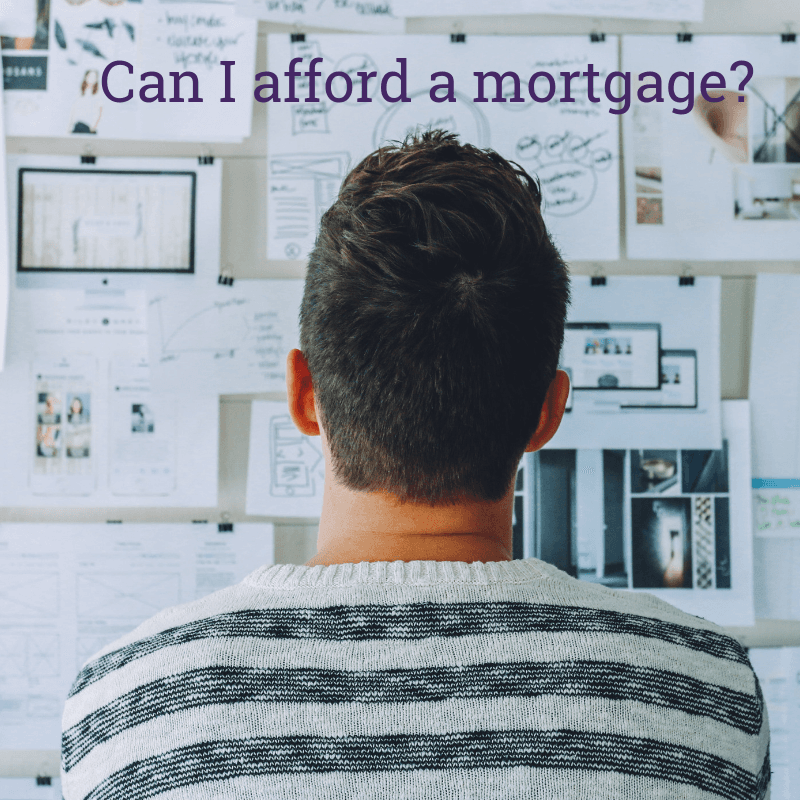Beginner's Guide to Mortgages
Eager to get on the property ladder but have no idea where to start? We’ve got a complete guide to mortgages to get you started.

Eager to get on the property ladder but have no idea where to start? We’ve got a complete guide to mortgages to get you started.

Compare moving quotes in 4 simple steps